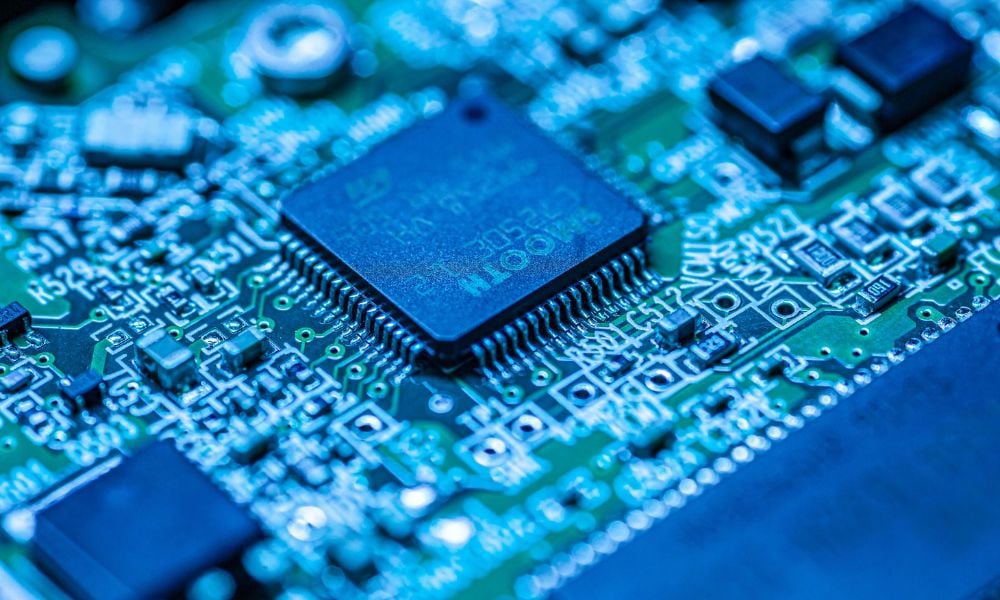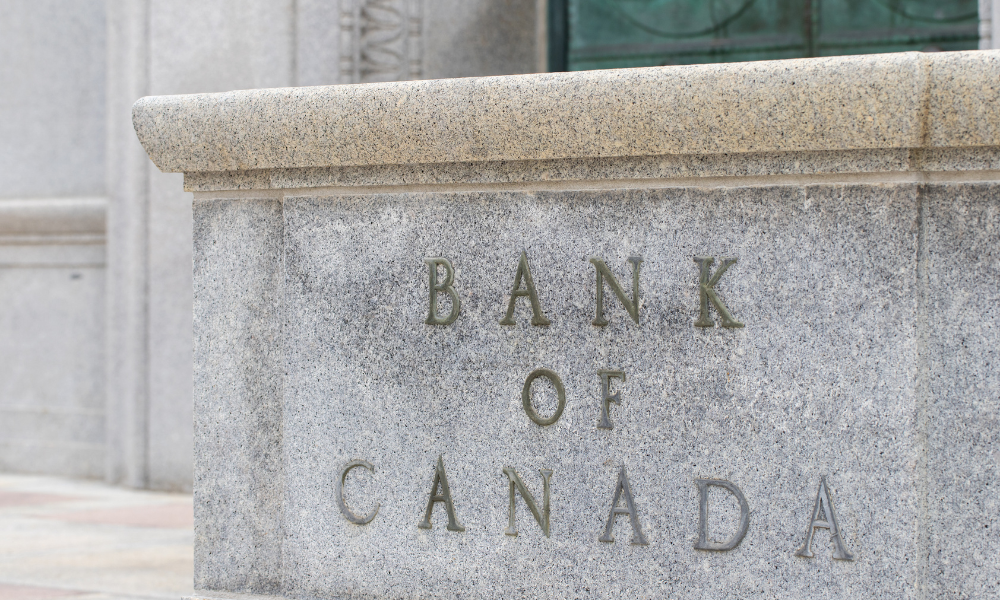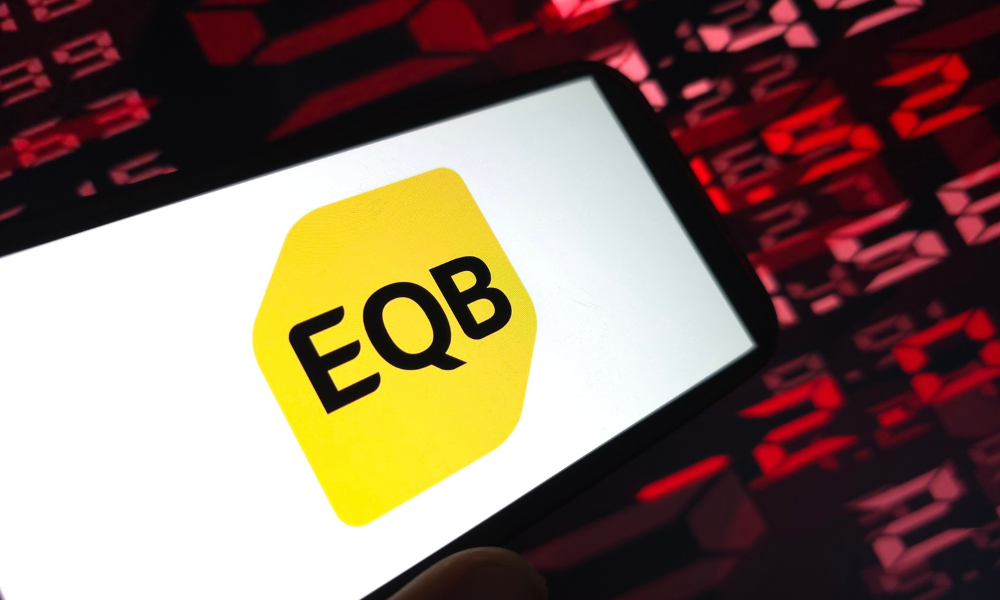Academic study shows how investors can win or lose in seconds
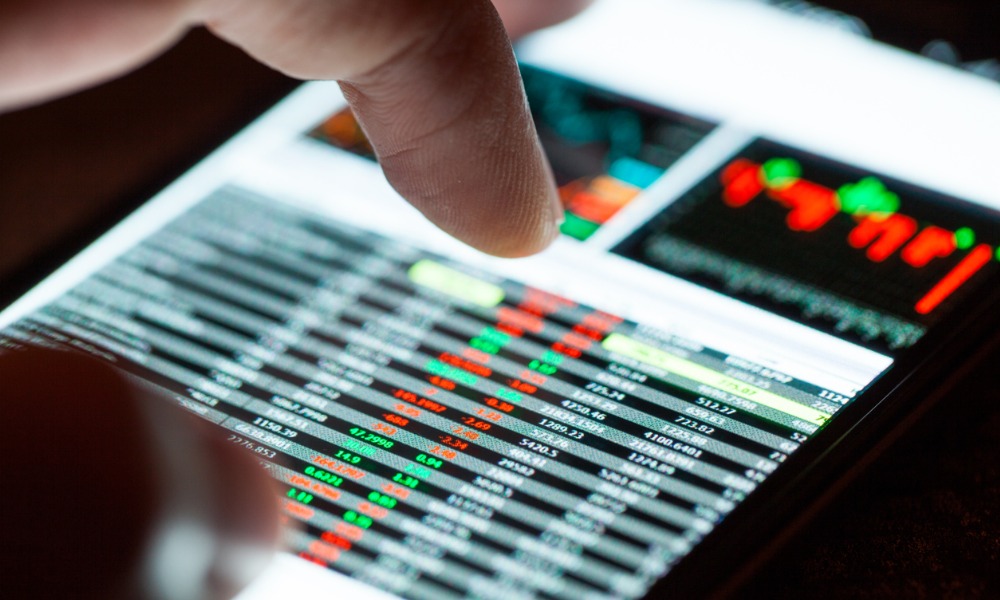
Buying and selling stocks is often a frenzied business for successful traders who know that acting fast can cost or save millions of dollars.
But a new study by academics has found the extent to which investors can benefit or otherwise depending on the speed of the technology traders are using.
The University of Vermont and The MITRE Corporation research shows that investors are losing U$2 billion a year from the "opportunity cost due to information asymmetry" when trading on the US stock market.
The reason behind this is a change in regulations in 2005 that meant outlets of the US stock market spread around various locations – including the New York Stock Exchange, NASDAQ, and many other nodes including ominous-sounding private trading venues called "dark pools." - linked by technology which has got faster but still inevitably means some traders receiving data later than others.
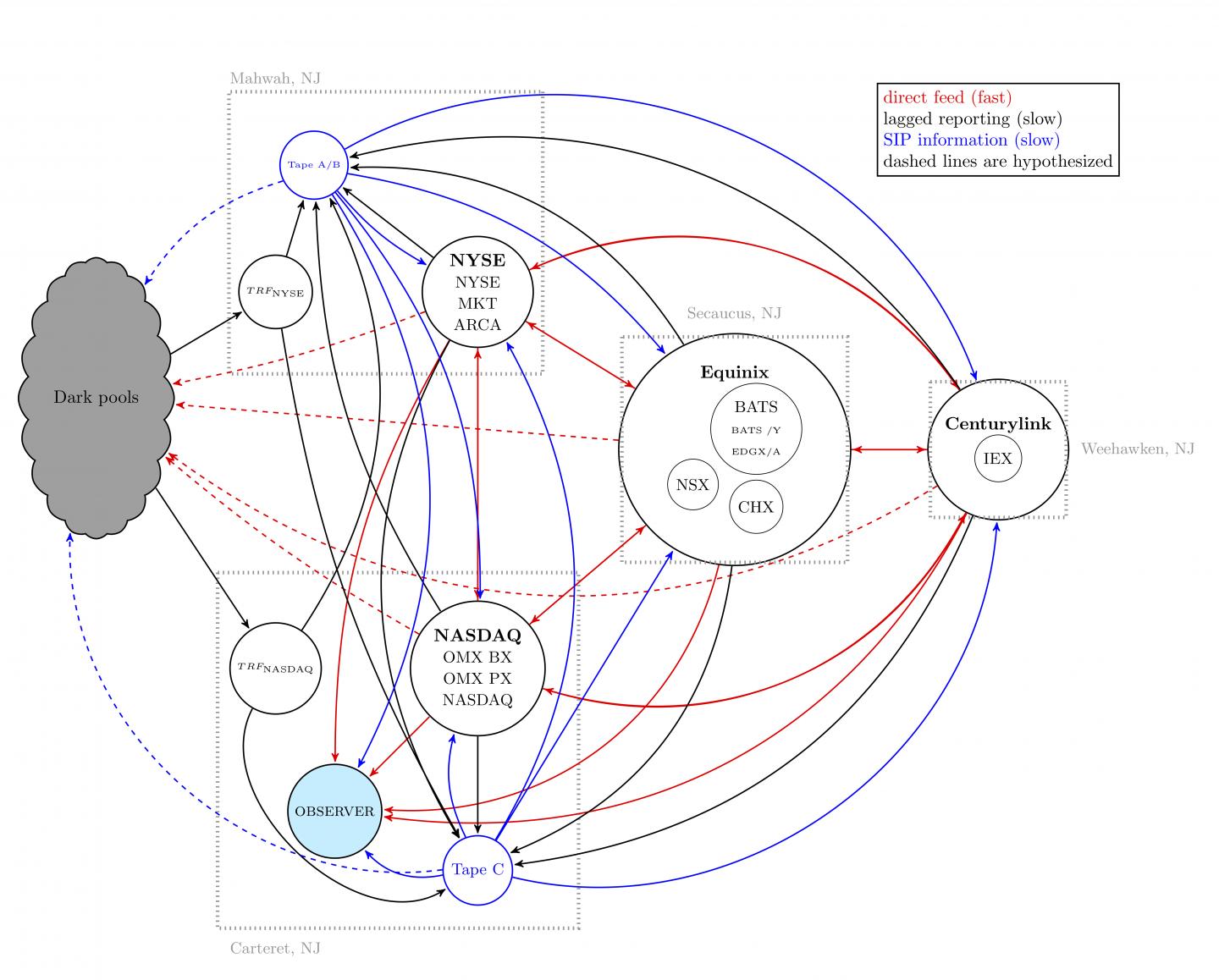
Image credit: UVM/MITRE
"Even in cartoon form, some refer to our simple map of the stock market as a gigantic bowl of spaghetti," says Brian Tivnan, a research scientist with both UVM and MITRE, who co-led the new study.
Those traders that use the public SIP (Securities Information Processor) get the data slower than those who have expensive ‘direct feeds’.
"That's not supposed to happen," say UVM scientist Chris Danforth, who co-led the new study, "but our close look at the data shows that it does."
The first of three studies, "Fragmentation and inefficiencies in the US equity markets: Evidence from the Dow 30," was published on January 22 in the open-access journal PLOS ONE.
$2 billion. That's what tiny price gaps cost investors each year. The team from #UVM and @MITREcorp found near-light-speed differences in stock prices may be exploited by traders with faster information systems. More: https://t.co/1JDTuslPTj #UVMResearch #Trading pic.twitter.com/PfJmmS1S1L
— UVM (@uvmvermont) January 26, 2020

